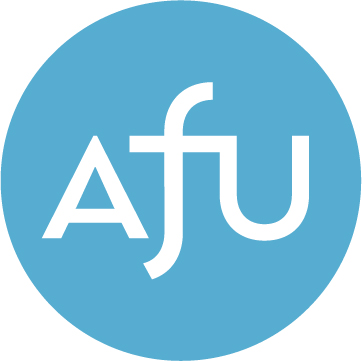
Prestigious recognition provides access to inclusive, supportive environments thru 2029
The University of Mississippi has joined a worldwide collaboration of colleges and universities that support healthy and active aging across the lifespan.
The Age-Friendly University Global Network accepted UM for a five-year cycle that runs through 2029. Since the network’s launch in 2012, more than 100 universities from across five continents have embraced its principles.
“The university joins a group of prestigious universities worldwide committed to serving older adults and educating students about the opportunities to improve the lives of older adults and their families,” said Keith Anderson, chair and professor of social work. “Recognition of the university as a member of the AFU Global Network adds to our reputation as a community-engaged institution.”
Ole Miss was recognized for its proven commitment to promoting age-friendly policies, research, services and initiatives.
“We are thrilled to embark on this journey together and look forward to a fruitful and collaborative relationship,” said M. Aaron Guest, chair of the secretariat for the Age-Friendly University Global Network. “Together, we can significantly impact older adults’ lives and create societies where everyone can age with dignity, respect and fulfillment.”
The university’s departments of Social Work and Public Health, both in the School of Applied Sciences, and the Division of Diversity and Community Engagement collaborated on the university’s application.
Teresa Satterfield, a graduate assistant in the Master of Public Health program, helped complete the application as part of her applied practice experience. One of the Meridian native’s goals was to advocate for social policy that will improve health in a diverse population.
Satterfield also assists older adults through the Lafayette County Foster Grandparent Program.
The recognition reflects the importance of the School of Applied Sciences’ applied gerontology program, said Melinda Valliant, the school’s interim dean and director of the UM Center for Health and Sports Performance.
“Since Dr. Anderson’s arrival at UM, he has worked diligently to make community connections with those serving our aging population,” Valliant said. “This collaboration demonstrates the opportunities that SAS programs have to connect with each other and also our community partners.”
The university’s membership in the network benefits students, faculty and staff in several ways, Anderson said.
“First, membership provides awareness and visibility of older adults on our campus and in our communities,” he said. “Membership benefits students as we continue to grow our programs that focus on older adults, such as the minor in applied gerontology.
“Finally, membership provides a community of other universities that we can draw upon for new ideas and support for initiatives to increase inclusion and recognition of older adults and the opportunities to serve this growing segment of our population.”
By Edwin Smith






